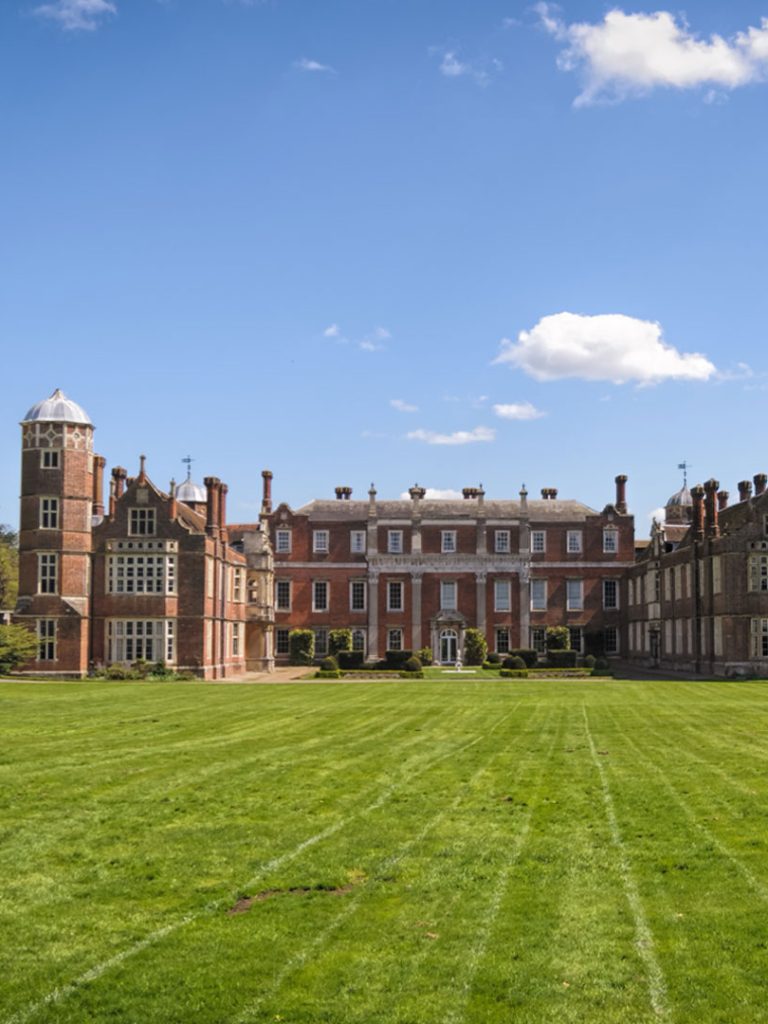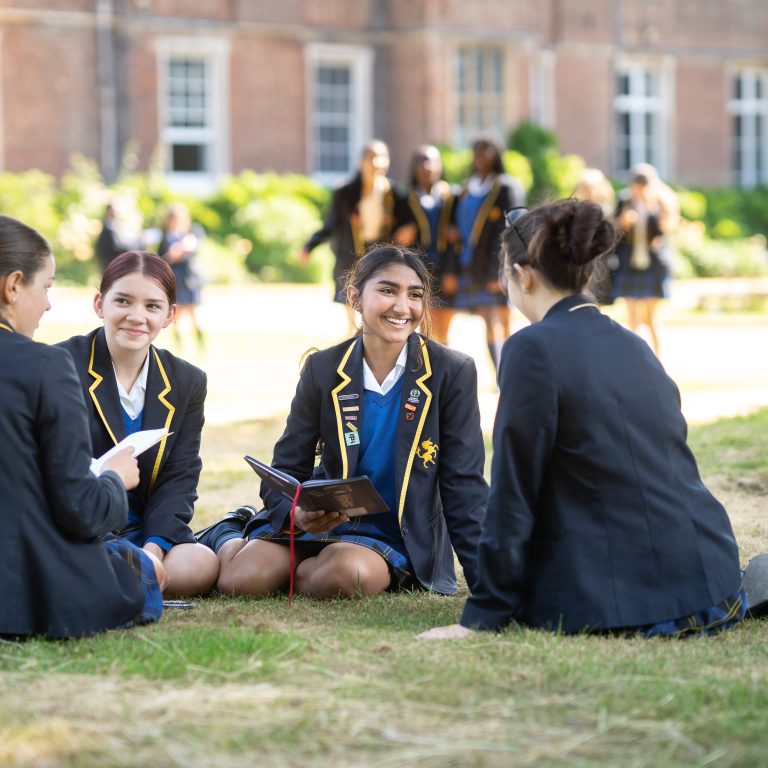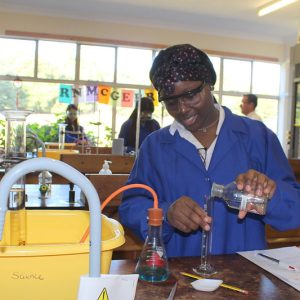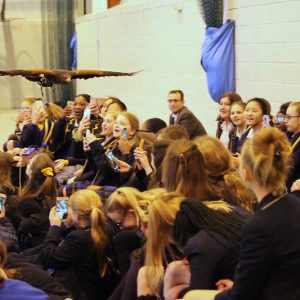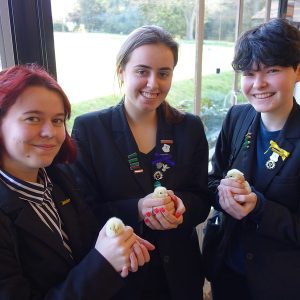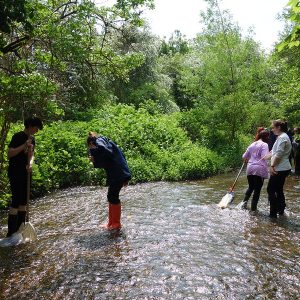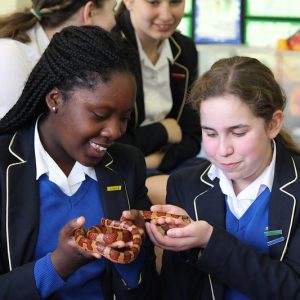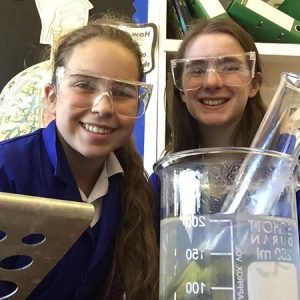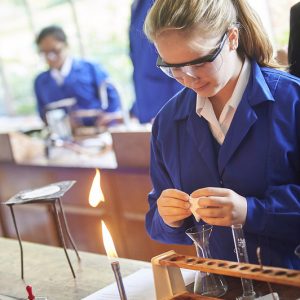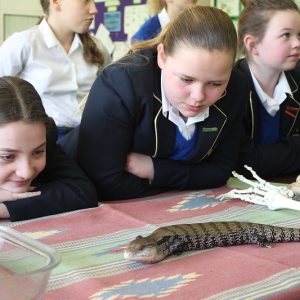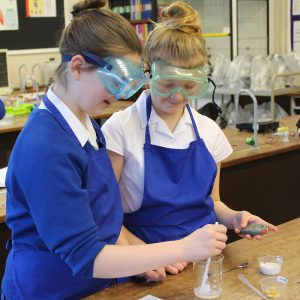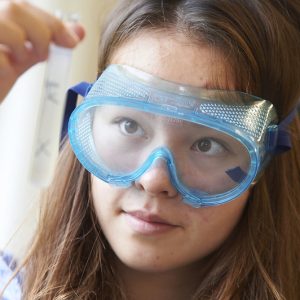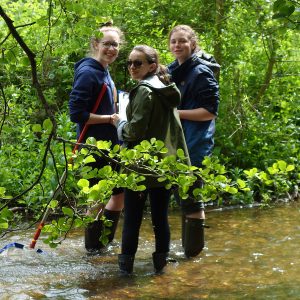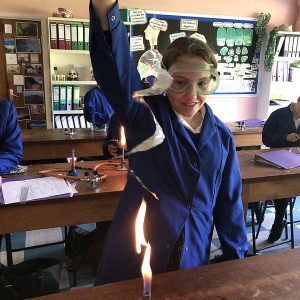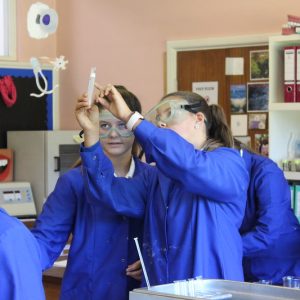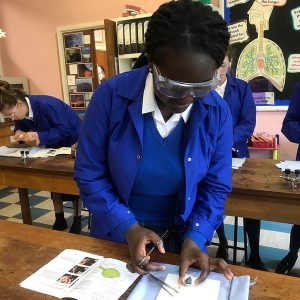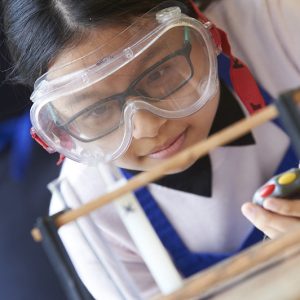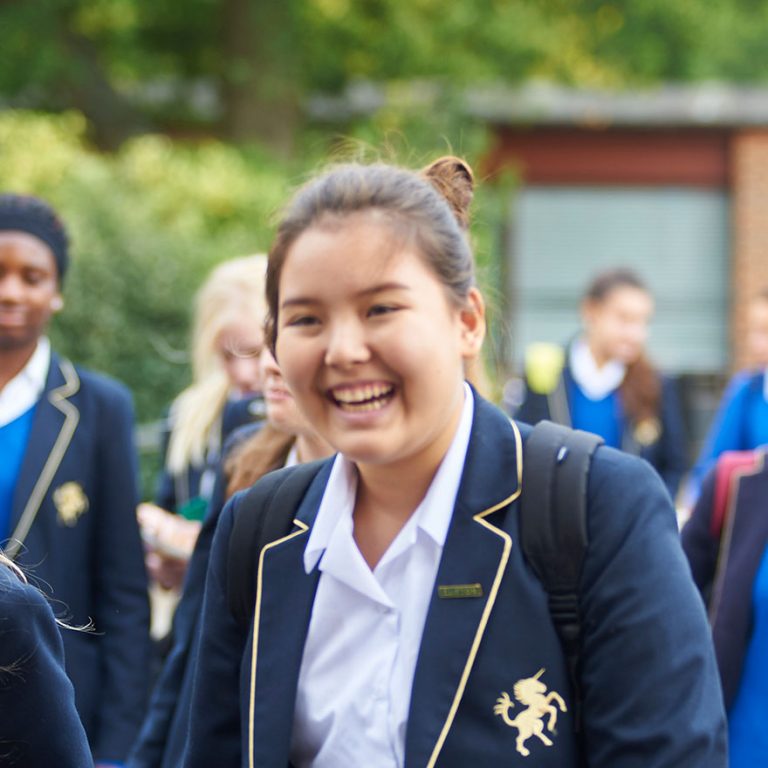A good science education gives our students a better appreciation of themselves and the world around them. To this end, our students are encouraged to think about things differently and there is rarely a lesson in which they are not challenged in some way.
Our Science Department likes to encourage wonder and curiosity, and opportunities are provided to allow immersion and greater understanding.
Our Science Faculty is passionate about Science and excited about enthusing our students about the wider world of Science, Technology, Engineering, Arts and Mathematics. Science staff continually seek opportunities to develop the way Science is taught at Cobham Hall, in order to keep the curriculum engaging and relevant for our students.
The students benefit from the stability of tried and tested methods of learning whilst also enjoying more up-to-date and relevant ways of engagement that suit many of our students. The perfect mix!
In Years 7 and 8, Science is combined. From Year 9 onwards, Science is separated into Biology, Chemistry and Physics.
I just wanted to say thank you to my teachers for inspiring me to achieve in Biology and Chemistry. I am now an Aseptic Pharmacist and I am working towards my degree in Pharmaceuticals. I know that I wouldn’t have got the job without their help. – Grace, Cobham Hall Elder


